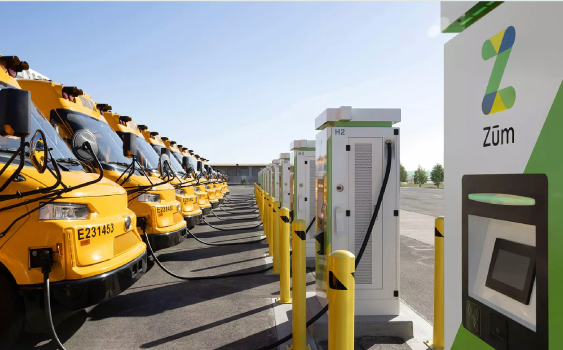It’s been a long time coming, says Felipe Azenha at Transit Miami, but finally the topic of parking reform is getting some attention in Miami.

Eliminating parking requirements for small buildings in Miami could lead to larger reforms — and the elimination of bigger garages like this one — later on. Photo: Mark Hogan via Flickr
A public hearing next week will consider the elimination of minimum parking requirements for small buildings along transit corridors. Azena says it’s just the thing this car-clogged, increasingly-unaffordable city needs:
Minimum parking requirements are killing good urban development in Miami. Luckily, there has been a push to eliminate parking requirements for small urban buildings (<10,000 sq ft) in recent months. This is a good first step in the right direction if Miami really aspires to become a walkable and less autocentric city.Minimum parking requirements perpetuate more automobile use and it also makes housing less affordable since the cost of building and maintaining required parking is passed on to renters and buyers. A few months ago Zillow released a housing report that cited Miami as the 2nd most expensive city for renters. The average Miami resident spends 43.2% of their income on rent.
Combine expensive housing with lack of public transit and minimum parking requirements that only serve to perpetuate the use of the automobile; it’s no wonder why Miami is one of the most expensive car dominated cities in the US.
A better move for Miami would be to entirely eliminate parking requirements and let developers decide how much parking to build. But in the meantime, this proposal is a step in the right direction, Azenha says.
Elsewhere on the Network today: Wash Cycle maps out the locations of bike fatalities in the nation’s capital. Urban Milwaukee reports that universal driver’s ed has been proposed to help combat racial segregation in that region. And Greater Greater Washington says that DC’s regional planners aren’t acting boldly enough to achieve local climate action goals.




